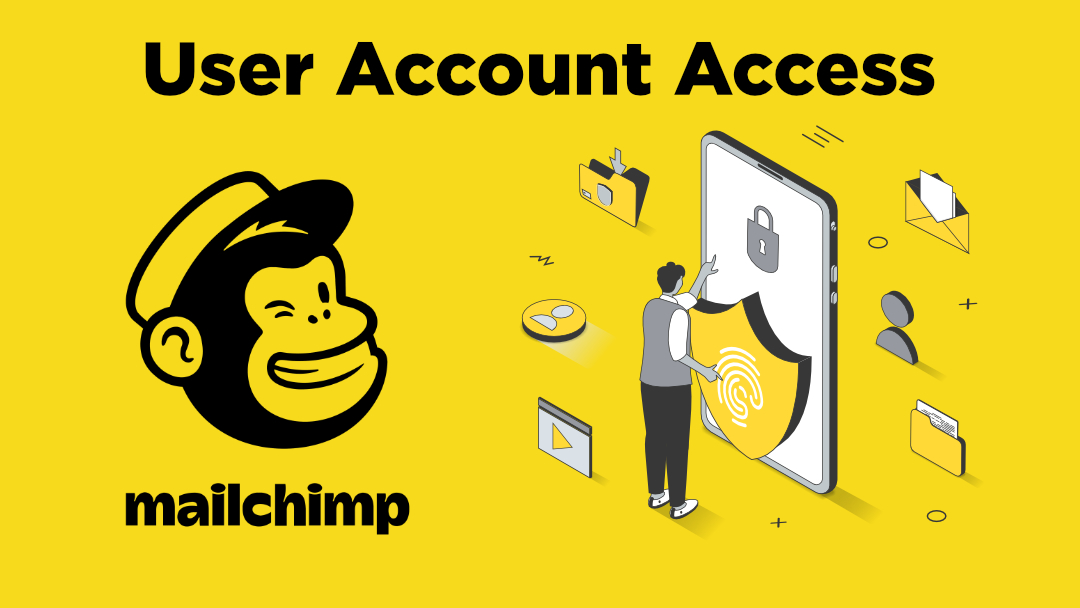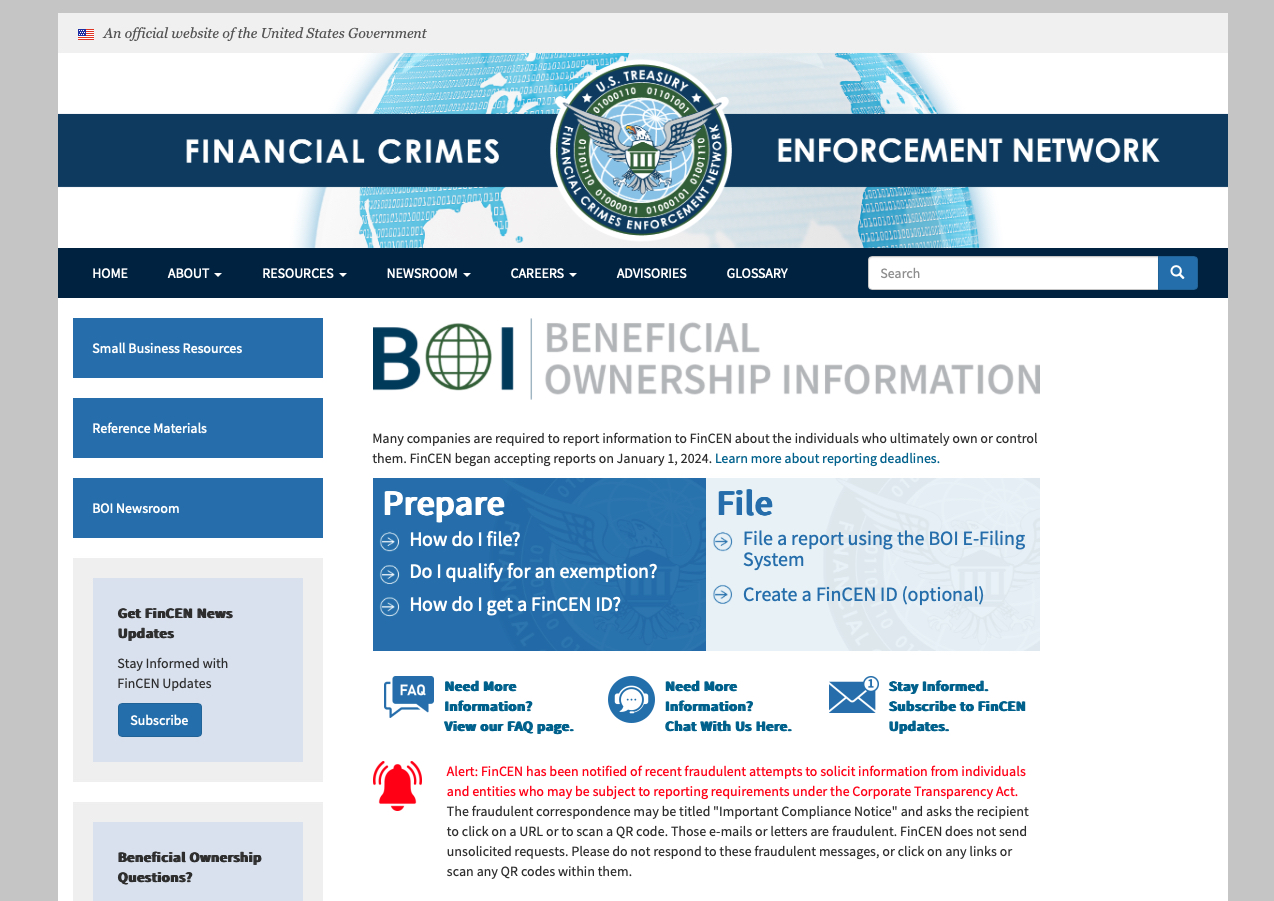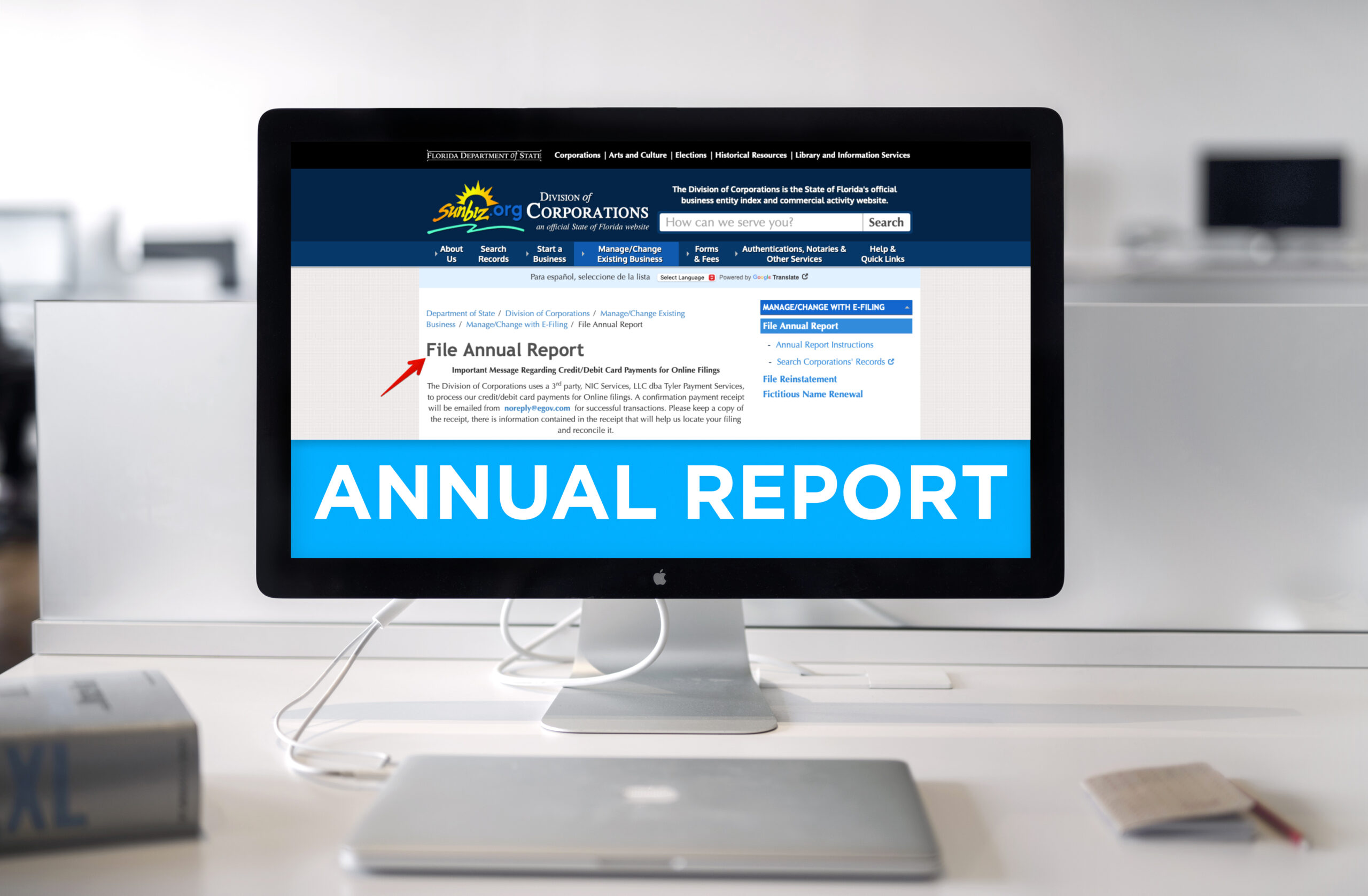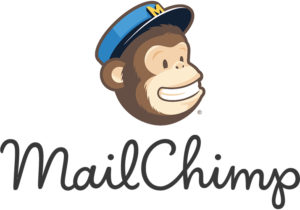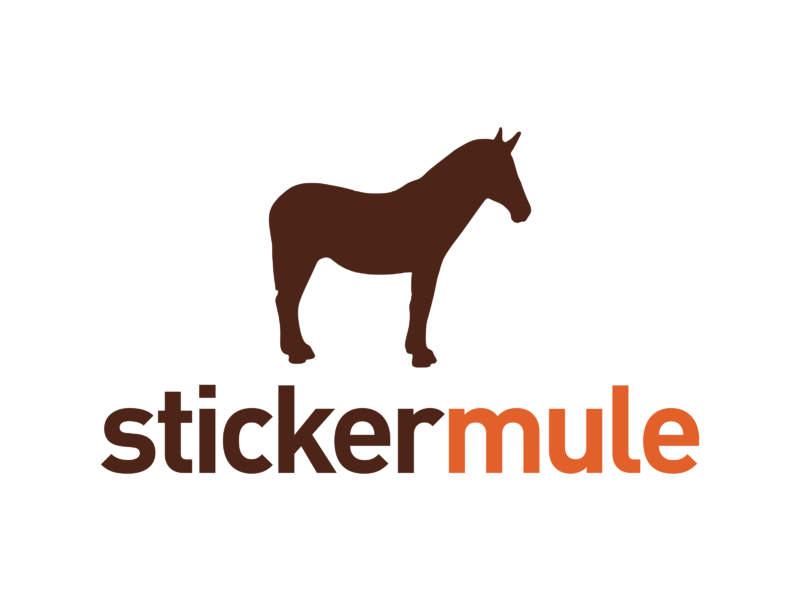All Posts
 So in last week’s blog (http://blog.jpdesigntheory.com/getting-over-the-hump-an-inspiration-for-blog-writers-block/) I mentioned to look out for my upcoming one regarding “coloring in and outside the lines in Social Media”. Well here it is-so let’s talk about how that premise affects our perception, utilization, and ultimate success or failure of Social Media in a business.
So in last week’s blog (http://blog.jpdesigntheory.com/getting-over-the-hump-an-inspiration-for-blog-writers-block/) I mentioned to look out for my upcoming one regarding “coloring in and outside the lines in Social Media”. Well here it is-so let’s talk about how that premise affects our perception, utilization, and ultimate success or failure of Social Media in a business.
I must admit that when the term “social media” came on the scene I thought great, just another “let the whole world know all your business” tool and way for someone to financially capitalize on my personal affairs. But I’ve come to understand both the downsides of it (i.e. cyberbullying, identity theft, etc.) AND the magnificent power of it in the business world. Social Media was created to use the platform of telecommunication to form interactive dialogue between organizations, individuals and entire communities. So, obviously the masterminds behind it meant it for good (rather than those who’ve chosen to abuse its power) and when it comes to utilizing it for business, it is an amazing, free tool that can take your business (and its exposure) to another level. In 2012, none of us can deny the fact that properly using Social Media yields better results than traditional marketing efforts alone.
 I saw a quote which said “coloring outside the lines is a fine art” and that person was right when it comes to thinking outside the box in business and the beauty of the broad stroke in art. But when it comes to Social Media, the defined parameters are there for good reason and should be yielded to in order to get the desired results from doing so. Majority of us know that Social Media tools like Facebook and Twitter allow businesses to access an unlimited number of existing and potential customers and perhaps cause exponential growth of your business in various markets. The proper use of these tools could help to grow a small, home-based business into a multi-million dollar conglomerate beyond their current demographic and broadest vision…think NBC’s Shark Tank-like opportunities. But those who know how to stay in the parameter confines of Social Media and play by the rules of it, know that using this medium requires strategical thinking, commitment and tenacity. And it’s only then, that you see the ROI for playing by the rules and staying in the lines established. Such as:
I saw a quote which said “coloring outside the lines is a fine art” and that person was right when it comes to thinking outside the box in business and the beauty of the broad stroke in art. But when it comes to Social Media, the defined parameters are there for good reason and should be yielded to in order to get the desired results from doing so. Majority of us know that Social Media tools like Facebook and Twitter allow businesses to access an unlimited number of existing and potential customers and perhaps cause exponential growth of your business in various markets. The proper use of these tools could help to grow a small, home-based business into a multi-million dollar conglomerate beyond their current demographic and broadest vision…think NBC’s Shark Tank-like opportunities. But those who know how to stay in the parameter confines of Social Media and play by the rules of it, know that using this medium requires strategical thinking, commitment and tenacity. And it’s only then, that you see the ROI for playing by the rules and staying in the lines established. Such as:
 Impressionable Artistry ~ Know that current and prospective clients will base their first impression on what they see. If your business has a Facebook page, make sure that it properly reflects your business by mentioning salient points about your business, have links to your company website and location, and keep use of your logos consistent. Lastly…my personal pet peeve – PLEASE SPELL CHECK to avoid SMH’s and
Impressionable Artistry ~ Know that current and prospective clients will base their first impression on what they see. If your business has a Facebook page, make sure that it properly reflects your business by mentioning salient points about your business, have links to your company website and location, and keep use of your logos consistent. Lastly…my personal pet peeve – PLEASE SPELL CHECK to avoid SMH’s and  ‘s.
‘s.
 To Blog or Not to Blog ~ If you are going to blog make sure you are a pretty good writer or use someone else to do so. Blogging is both a craft and great tool…if you can do so effectively and draw “good” attention to your business. Again, you want to spell and grammar check before you post. People will respond with comments and you don’t want something written that will reflect negatively on your business. Remember, once its out on the worldwide web it’s there forever!
To Blog or Not to Blog ~ If you are going to blog make sure you are a pretty good writer or use someone else to do so. Blogging is both a craft and great tool…if you can do so effectively and draw “good” attention to your business. Again, you want to spell and grammar check before you post. People will respond with comments and you don’t want something written that will reflect negatively on your business. Remember, once its out on the worldwide web it’s there forever!
 Use all Crayons in the Box~ Twitter, LinkedIn, Facebook, YouTube, Google+…need I say more. Don’t just use one medium, use them all. The more you post information about your business, join groups, comment on another businesses blogs, etc., it is more likely you will gain a few new clients and followers.
Use all Crayons in the Box~ Twitter, LinkedIn, Facebook, YouTube, Google+…need I say more. Don’t just use one medium, use them all. The more you post information about your business, join groups, comment on another businesses blogs, etc., it is more likely you will gain a few new clients and followers. 
 And then we have the scribblers…Those who don’t see any ROI and/ or do more harm than good to their brand/business by misusing the exposure tool of Social Media. Much like a child coloring, if you move too fast or don’t understand the parameters/boundary lines you will end up with a mess. Nothing to hang on the refrigerator – no growth in your business.
And then we have the scribblers…Those who don’t see any ROI and/ or do more harm than good to their brand/business by misusing the exposure tool of Social Media. Much like a child coloring, if you move too fast or don’t understand the parameters/boundary lines you will end up with a mess. Nothing to hang on the refrigerator – no growth in your business.
This often happens when people don’t do the following:
 Take the time to understand it ~ Use the hands of time to figure out HOW YOU WANT and NEED to engage people on Facebook, Twitter, Digg, etc. for it to be successful in growing your business. Because once it’s out in cyber world, it’s there to stay. No balling up the page and tossing it in the trash like it didn’t exist.
Take the time to understand it ~ Use the hands of time to figure out HOW YOU WANT and NEED to engage people on Facebook, Twitter, Digg, etc. for it to be successful in growing your business. Because once it’s out in cyber world, it’s there to stay. No balling up the page and tossing it in the trash like it didn’t exist.
 Take the time to plan it to properly execute it ~ Make sure your business does their due diligence in research and planning to create a successful Social Media campaign and message. Social Media strategies must be thoughtfully constructed and planned prior to execution to not end up chock full of rookie mistakes or even worse…irrelevant. Also remember that in order to properly manage your businesses Social media that it takes time and consistent communication with other users to build a strong following, brand recognition and respect.
Take the time to plan it to properly execute it ~ Make sure your business does their due diligence in research and planning to create a successful Social Media campaign and message. Social Media strategies must be thoughtfully constructed and planned prior to execution to not end up chock full of rookie mistakes or even worse…irrelevant. Also remember that in order to properly manage your businesses Social media that it takes time and consistent communication with other users to build a strong following, brand recognition and respect.
 Understand that it’s about the WHOLE picture ~ Using Social Media correctly requires a team effort which should combine company branding, customer service and sales initiatives to constantly interact with the online marketplace and do so in a consistent manner. Yup – use every crayon in the box!
Understand that it’s about the WHOLE picture ~ Using Social Media correctly requires a team effort which should combine company branding, customer service and sales initiatives to constantly interact with the online marketplace and do so in a consistent manner. Yup – use every crayon in the box!
At the end of day, successful Social Media in business is about engagement, creating a trustworthy Social Media identity, client acquisition, increased sales, and better brand awareness locally & globally. Then you’ll have a business that’s gold star worthy!
All Posts, Social Media
 In today’s online arena, businesses of every size are engaging their audience and potential clients through social media. Even the term social media is bigger now than a year or two ago. Whether you like it or not, it’s a medium you’re going to have to deal with if you want to grow your business. For us, our best reasoning to our clients is “It’s better that you use it and expand your brand to your community, or your competitor will.”
In today’s online arena, businesses of every size are engaging their audience and potential clients through social media. Even the term social media is bigger now than a year or two ago. Whether you like it or not, it’s a medium you’re going to have to deal with if you want to grow your business. For us, our best reasoning to our clients is “It’s better that you use it and expand your brand to your community, or your competitor will.”
Time
This is probably the main reason why social media costs so much. I know there’s plenty of people who tell you that you can do it in just a few minutes a day and never have to think about it for the rest of the day. Not entirely true. Scheduling posts is a great way to leverage your time, but what happens when your posts get a bunch of responses and some of them are viable leads? Do you then respond the following day when the trail is cold? I hope not. You respond while they’re engaged and lead them to a meeting, phone call, or call to action on your website, or better yet to BUY SOMETHING! This isn’t possible if you’re not available to respond when things are happening.
Value
There are quite a few social media companies out there. You don’t have to search hard before you find one either locally or via a quick Google search. What may be hard to find is what they charge, hourly or monthly rates, and what your ROI may be. (we’ll get into ROI shortly). Lets go the hourly route for now. Signing on to each of your accounts doesn’t take long right? Then thinking of a good post that is NOT the same for all your accounts may take 5-7 minutes each to come up with something clever and original. Using Hootsuite or Buffer to schedule your posts could take about 2-3 minutes each to post a message and a short link. Reading back your feeds, wall posts, timelines, etc could take about 5-10 minutes each here depending on all the people you follow, and save or read posts. Then of course you have to respond to their posts, blog articles, at-replies, direct messages, wall comments. I’d say another 4-5 minutes. Did I lose you? Add all that up for all your separate accounts and you’ll easily be over an hour’s worth of your morning coffee.
ROI – Return On Investment
There’s a couple of ways to look at this. For the business owner trying to do this on their own, you’re immediate ROI is the money you may save by doing your marketing on your own. However, you also have to invest in a LOT of constant research to stay up on all the latest updates and improvements in order to ensure you’re social profiles and accounts are the best that they can be. Honestly that’s a daily task that isn’t done in under an hour.
Using a marketing firm probably won’t give you back 2-1 for each dollar you spend either. Chances are you’ll spend a lot more than you stand to make. Of course this rather depends on your website, products, and or services. There are ways to gauge the effectiveness of their services though:
- New fan page Likes
- New Twitter followers (real users, not spammers)
- Improved views on your customized YouTube page
- More connections and recommendations on Linked In
- Improved +1’s on Google Plus
Unique Identity and Personality
You can’t fool people. Well some maybe, but its pretty easy to discover social accounts that are poorly managed. You’ve seen them, the big goose egg for a Twitter avatar instead of a nice head-shot. The overstretched fan page cover art that was never created specifically for the cover art but instead chosen by Facebook automatically. The Linked In profile picture that is of a family pet or worse the person in a swimsuit. (I’d post actual pictures, but I don’t want to get hate mail). My favorite are the ones that got started, got heavy into it, then suddenly stopped and never returned. They most likely got frustrated with the lack of engagement for many reasons both valid and some unbeknownst to them.
Each of your social profiles should be a little bit different because of the audience of that platform. For example, your Twitter avatar and profile may be a bit more casual, where your Linked In profile will and should be more business professional. One major point about each of your profiles though is that they’re optimized fully. Meaning a great bio, edited profile or avatar picture, links back to your website, phone numbers, and if possible location and email address for quick contact.
I hope that this was informal to you. If you have any accounts that may need a bit more attention, please take a few minutes and adjust them now. If you believe you can take on your companies social media accounts, be encouraged that you can do so and be effective so long as you keep up with your audience in whatever way or medium they’re most active. For those of you who don’t mind sharing please comment below in how much time you spend daily or weekly in your social efforts.
All Posts, Marketing, Web Design
 So you made the jump from a safe, warm, and cozy job to the freedom of freelancing. You’ve dreamt about it for so long, wondering how the sun feels during the day while you were locked away behind a fluorescent lit cubicle isles and rows from the nearest window. Well you’ve arrived; so now what? How are you going to pay your bills, grow your skills, and market your skills on a shoe-string budget? Keep reading…
So you made the jump from a safe, warm, and cozy job to the freedom of freelancing. You’ve dreamt about it for so long, wondering how the sun feels during the day while you were locked away behind a fluorescent lit cubicle isles and rows from the nearest window. Well you’ve arrived; so now what? How are you going to pay your bills, grow your skills, and market your skills on a shoe-string budget? Keep reading…
One of the more important characteristics of a successful is maintaining a steady flow of work. That work may come from agencies, current, or new clients. To me, each creative will find their own way to attain their own work but below are a few tips to try:
Online Agencies: These are good because most of the risk is on them so long as you hold up your end of the bargain. If you’re great at creating logos, but really don’t like to get into haggling and negotiating prices, these places are for you. You can create a profile, list your skills, and post your rate per hour or project. Then wait for the emails to come in. You’ll want to do some market research though so that you’re not too high or too low that you price yourself out of work or respect.
Network Locally: This one may be a step out of your comfort zone. Yes we have social media now a days and we can hide behind our keyboards, smart phones, and laptops but live networking still is held in high regard. Find out when and where other business professionals are hanging out after hours; then be there with them. Bring your business cards, but don’t pass them out like free tickets. Instead try making conversation first. Ask individuals what they do and repeat it back to them along with points of view while including their name here and there to show that you are paying attention to them. Before you know it, they’ll ask you for your card and then you can tell them about how awesome you are at design and how much fun you have helping people grow their business and brand.
Sponsor a Community Event: Pro-bono may be a great way to start out especially if you’re skittish about how people may appreciate your work. It’s also great experience in dealing with customers. You’ll run into all kinds, and before long you’ll have favorites and you’ll have some you wish you never met. As a self-starter, your reputation is everything so doing a free design or website for a local church could win you a lot of “oooohhhs” and “ahhhhs” from the members who all work in the community. A few thank yous and nice words from some non-profit organizations that rub shoulders with city officials could propel you to great levels. So even though the money may not have been there, you’ll still have new material for your portfolio, highly visible clientele, and letters of recognition you can tout around like trophies.
Embrace Social Media: This one comes with a grain of salt. There are many outlets out there to use. Find two or three that you can really wrap your mind around and feel comfortable using – and use them! Post daily, post often, but keep in mind you’re looking to engage first. The selling of your skills will be evident enough in your bio. Use it to showcase new designs you created. Get people to rate or comment on your work or even offer opinions and feedback. Learn how to strike up good conversations that may provide some great insight to someone’s problem or project and that could land you a job right then and there or not long down the road since you sound like you know what you’re talking about.
Your Portfolio: Well after showing off and practicing your elevator speech, you must have a place for all these people to view your work and vet your skills. Even if you don’t want to set up a full-out 50 page website that has all types of forms, sub pages, and FAQ’s with endless breadcrumbs, you should still have an online presence. I’ve seen some really nice designer websites that were nothing more than full-width graphics stacked, scrolling, or animated with just a contact page with a phone number and 3 line form. Be versatile though with your displays so that businesses of most industries can envision you doing their work and not think you’re just a niche designer. Unless however you want to be tied to a specific industry. Nothing wrong with that. Let me also mention blogging. A great way to provide great tips on your trade that not only shows insight, but proves you are the authority on that subject matter.
Well for those of you who’ve been doing this for some time, why not offer some tips to others in the comments below.
Social Media
Found this really cool social media icon set online and thought I’d share it with all of you.
Designer Bio
Jasmina is a self-taught vector illustrator from Serbia who has been working as a freelance designer for over five years now. Her biggest passion is in vector illustrations and motion graphic design. In her spare time she likes to read comic books and playing Call of Duty 2. You can check out her portfolio for more and also follow her on Twitter.

Download here

All Posts, Social Media
 By now you will have heard all the ins and outs about how important social media is to your business. I’m not going to poke a hole in that – at least not in this post. I do agree that is it essential to anyone who has a business of any size. However a growing concern I’m noticing is how to measure its worth in terms of ROI (return on investment.
By now you will have heard all the ins and outs about how important social media is to your business. I’m not going to poke a hole in that – at least not in this post. I do agree that is it essential to anyone who has a business of any size. However a growing concern I’m noticing is how to measure its worth in terms of ROI (return on investment.
There are a host of companies and online services out there that will track your ROI. Of course at a premium fee. I haven’t really found any that were free that offered good enough services to mention. I should mention though that any type of marketing should be weighed and measured by the consumer. Regardless of who is performing the service, you should have your own check and balance system in place to gauge against whatever results someone else is providing to you.
So for starters you need to get your web site statistics. This will consist of daily page views, referring links, pages per visit, and unique visits. Most web hosting companies offer this within your online control panel. We use 1and1 for tracking all our client managed domains. If you’d like to see a sample email me and I’ll be glad to send you one. Some hosting companies charge extra for this, and if you’re does you can try a third party application like Google Analytics. I love Google Analytics and I will be doing a write on their FREE analytics application soon. All you have to do is plug in some of your site information and they generate a custom code for you to install on all of your pages. Once installed you can then accurately track all of these metrics and more.

Next thing you need to do is draw up a simple spreadsheet. Use whatever medium you like so long as you can refer to it weekly and continue to add more data to it. You’re going to measure how many tweets, posts, links, blog posts, email, etc you push per day each week for each month. Sort them by your social media apps that you are using. Create a column for responses like post backs, comments, replies, RT’s, and mentions. Lastly, create a column for your leads that were created from any of these mediums. When you look at all this data at the end of a week or the month, you’ll see how much time you’ve invested in all of these, which brought back the most traffic, which social media platform was most engaging, and those that lacked performance.
The process is simple enough when you think about it. However try juggling this with the everyday issues of your business, life, and whatever else pops up. And yes it is time consuming. It is totally justified that some companies may charge anywhere from a few dollars an hour to $2,500 per month or more. Again, with this new spreadsheet you too can see how much time and money Social Media marketing is worth to your business and make judgement on whether or not you want to pursue it yourself or outsource it. I’ve actually created a spreadsheet in Excel that I’d be happy to share if you’re interested. Sign up to the blog and its yours!
 So in last week’s blog (http://blog.jpdesigntheory.com/getting-over-the-hump-an-inspiration-for-blog-writers-block/) I mentioned to look out for my upcoming one regarding “coloring in and outside the lines in Social Media”. Well here it is-so let’s talk about how that premise affects our perception, utilization, and ultimate success or failure of Social Media in a business.
So in last week’s blog (http://blog.jpdesigntheory.com/getting-over-the-hump-an-inspiration-for-blog-writers-block/) I mentioned to look out for my upcoming one regarding “coloring in and outside the lines in Social Media”. Well here it is-so let’s talk about how that premise affects our perception, utilization, and ultimate success or failure of Social Media in a business. I saw a quote which said “coloring outside the lines is a fine art” and that person was right when it comes to thinking outside the box in business and the beauty of the broad stroke in art. But when it comes to Social Media, the defined parameters are there for good reason and should be yielded to in order to get the desired results from doing so. Majority of us know that Social Media tools like Facebook and Twitter allow businesses to access an unlimited number of existing and potential customers and perhaps cause exponential growth of your business in various markets. The proper use of these tools could help to grow a small, home-based business into a multi-million dollar conglomerate beyond their current demographic and broadest vision…think NBC’s Shark Tank-like opportunities. But those who know how to stay in the parameter confines of Social Media and play by the rules of it, know that using this medium requires strategical thinking, commitment and tenacity. And it’s only then, that you see the ROI for playing by the rules and staying in the lines established. Such as:
I saw a quote which said “coloring outside the lines is a fine art” and that person was right when it comes to thinking outside the box in business and the beauty of the broad stroke in art. But when it comes to Social Media, the defined parameters are there for good reason and should be yielded to in order to get the desired results from doing so. Majority of us know that Social Media tools like Facebook and Twitter allow businesses to access an unlimited number of existing and potential customers and perhaps cause exponential growth of your business in various markets. The proper use of these tools could help to grow a small, home-based business into a multi-million dollar conglomerate beyond their current demographic and broadest vision…think NBC’s Shark Tank-like opportunities. But those who know how to stay in the parameter confines of Social Media and play by the rules of it, know that using this medium requires strategical thinking, commitment and tenacity. And it’s only then, that you see the ROI for playing by the rules and staying in the lines established. Such as:![]() Impressionable Artistry ~ Know that current and prospective clients will base their first impression on what they see. If your business has a Facebook page, make sure that it properly reflects your business by mentioning salient points about your business, have links to your company website and location, and keep use of your logos consistent. Lastly…my personal pet peeve – PLEASE SPELL CHECK to avoid SMH’s and
Impressionable Artistry ~ Know that current and prospective clients will base their first impression on what they see. If your business has a Facebook page, make sure that it properly reflects your business by mentioning salient points about your business, have links to your company website and location, and keep use of your logos consistent. Lastly…my personal pet peeve – PLEASE SPELL CHECK to avoid SMH’s and ![]() ‘s.
‘s.![]() To Blog or Not to Blog ~ If you are going to blog make sure you are a pretty good writer or use someone else to do so. Blogging is both a craft and great tool…if you can do so effectively and draw “good” attention to your business. Again, you want to spell and grammar check before you post. People will respond with comments and you don’t want something written that will reflect negatively on your business. Remember, once its out on the worldwide web it’s there forever!
To Blog or Not to Blog ~ If you are going to blog make sure you are a pretty good writer or use someone else to do so. Blogging is both a craft and great tool…if you can do so effectively and draw “good” attention to your business. Again, you want to spell and grammar check before you post. People will respond with comments and you don’t want something written that will reflect negatively on your business. Remember, once its out on the worldwide web it’s there forever!![]() Use all Crayons in the Box~ Twitter, LinkedIn, Facebook, YouTube, Google+…need I say more. Don’t just use one medium, use them all. The more you post information about your business, join groups, comment on another businesses blogs, etc., it is more likely you will gain a few new clients and followers.
Use all Crayons in the Box~ Twitter, LinkedIn, Facebook, YouTube, Google+…need I say more. Don’t just use one medium, use them all. The more you post information about your business, join groups, comment on another businesses blogs, etc., it is more likely you will gain a few new clients and followers. ![]()
 And then we have the scribblers…Those who don’t see any ROI and/ or do more harm than good to their brand/business by misusing the exposure tool of Social Media. Much like a child coloring, if you move too fast or don’t understand the parameters/boundary lines you will end up with a mess. Nothing to hang on the refrigerator – no growth in your business.
And then we have the scribblers…Those who don’t see any ROI and/ or do more harm than good to their brand/business by misusing the exposure tool of Social Media. Much like a child coloring, if you move too fast or don’t understand the parameters/boundary lines you will end up with a mess. Nothing to hang on the refrigerator – no growth in your business.![]() Take the time to understand it ~ Use the hands of time to figure out HOW YOU WANT and NEED to engage people on Facebook, Twitter, Digg, etc. for it to be successful in growing your business. Because once it’s out in cyber world, it’s there to stay. No balling up the page and tossing it in the trash like it didn’t exist.
Take the time to understand it ~ Use the hands of time to figure out HOW YOU WANT and NEED to engage people on Facebook, Twitter, Digg, etc. for it to be successful in growing your business. Because once it’s out in cyber world, it’s there to stay. No balling up the page and tossing it in the trash like it didn’t exist.![]() Take the time to plan it to properly execute it ~ Make sure your business does their due diligence in research and planning to create a successful Social Media campaign and message. Social Media strategies must be thoughtfully constructed and planned prior to execution to not end up chock full of rookie mistakes or even worse…irrelevant. Also remember that in order to properly manage your businesses Social media that it takes time and consistent communication with other users to build a strong following, brand recognition and respect.
Take the time to plan it to properly execute it ~ Make sure your business does their due diligence in research and planning to create a successful Social Media campaign and message. Social Media strategies must be thoughtfully constructed and planned prior to execution to not end up chock full of rookie mistakes or even worse…irrelevant. Also remember that in order to properly manage your businesses Social media that it takes time and consistent communication with other users to build a strong following, brand recognition and respect.![]() Understand that it’s about the WHOLE picture ~ Using Social Media correctly requires a team effort which should combine company branding, customer service and sales initiatives to constantly interact with the online marketplace and do so in a consistent manner. Yup – use every crayon in the box!
Understand that it’s about the WHOLE picture ~ Using Social Media correctly requires a team effort which should combine company branding, customer service and sales initiatives to constantly interact with the online marketplace and do so in a consistent manner. Yup – use every crayon in the box!






